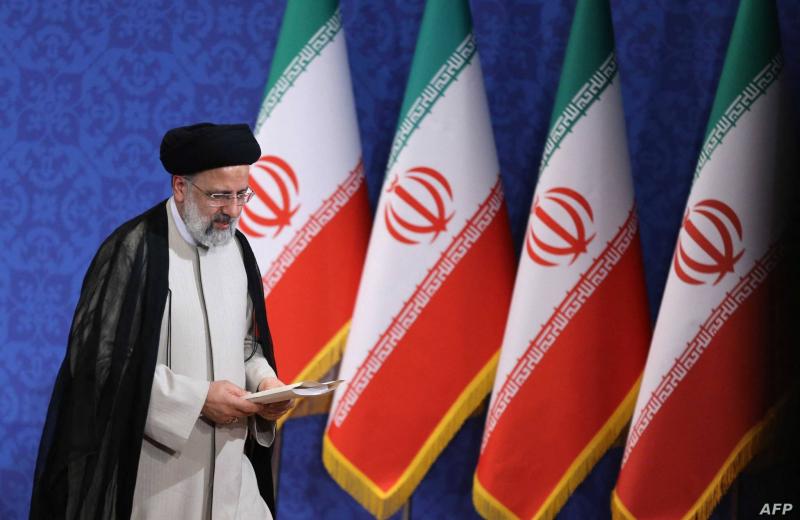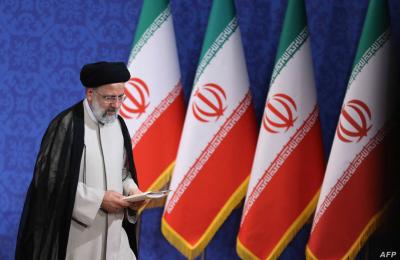On Monday, the United States expressed concern over the International Atomic Energy Agency's recent announcement that Iran is working on producing enriched metallic uranium, calling on the Islamic Republic to return to the negotiating table. The U.S. State Department stated that the U.S. has reviewed the latest report prepared by members of the IAEA and believes that Iran "has no real need to produce metallic uranium."
In 2015, Iran reached an agreement with major powers that involved easing the Western and international sanctions imposed on it due to its nuclear activities in exchange for its commitment to not pursue nuclear weapons and to reduce its nuclear activities that are under strict UN oversight. Consequently, Tehran pledged not to produce enriched uranium under this agreement.
However, Iran announced earlier this year that it had begun producing metallic uranium for research purposes, a sensitive topic as this material can be used in the manufacture of nuclear weapons. On Monday, U.S. State Department spokesperson Ned Price said, "We have clearly stated that ongoing nuclear escalation, outside of the nuclear agreement, is counterproductive and contradicts a return to mutual respect for the terms of the agreement." Price emphasized that "Iran must stop its nuclear escalation and return to the negotiating table in order to fully and in good faith implement" the international agreement.
The effects of the Iranian nuclear deal have been practically nullified since former U.S. President Donald Trump decided to unilaterally withdraw from it and reimpose harsh sanctions, causing a severe economic and living crisis in the Islamic Republic. New U.S. President Joe Biden, who took office in early 2021, expressed his desire to return to the agreement conditional on Iran's return to its commitments, which it has largely retreated from since 2019 in response to the U.S. withdrawal.
Iran and the major powers, with indirect U.S. participation, are engaged in negotiations in Vienna aimed at reviving the agreement officially known as the "Joint Comprehensive Plan of Action." The Vienna talks have been stalled since the new hardline conservative Iranian President Ebrahim Raisi took office in early August.




